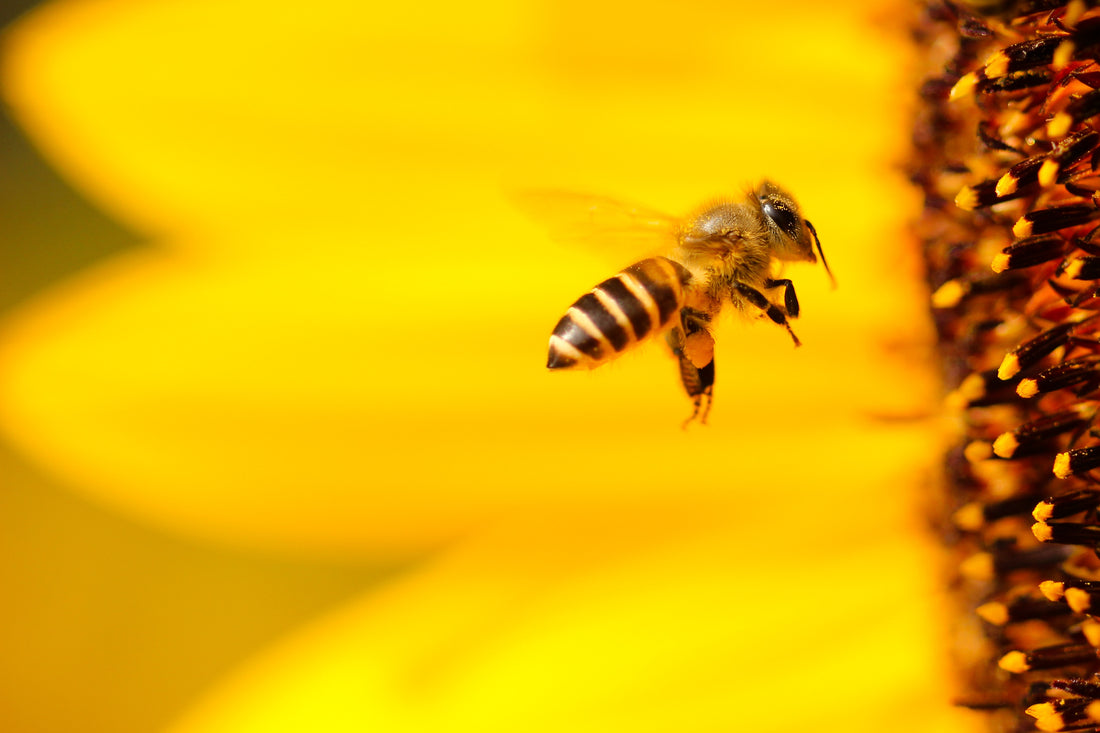
Why We’re Helping To Save The Bees
Share

Did you know that pollinators such as bees are estimated to be adding up to £600 million a year to the value of UK crops through increased yield and quality?
However, the 20th century saw two bee species become extinct, and a further eight species become listed on the priority species lists due to their mass decline.
Today, bees are under serious threat and their populations are decreasing at an alarming rate.
Why? Bees are vulnerable to a number of different factors such as habitat loss, climate change, diseases and pesticides, which have all contributed to their rapid decline.
But why are bees so important? Bees are one of the world’s most important pollinators and they’re responsible for pollinating a number of vital food crops which we eat every day!
So with bee populations needing our help, what steps can we take to get them buzzing again?
Plant a bee-friendly garden
Many flowers provide vital nectar for bees so ensuring you fill your garden will bee-friendly flowers is the perfect way to help them flourish. Plant these flowers in a sheltered, sunny place and watch your garden come to life. Flowers such as Lavender, Viper’s Bugloss, Bluebells, Crocuses and Hawthorn are loved by bees and provide them with the perfect nutrition.
Keep them hydrated
Help keep the bees hydrated by leaving a bowl of water for them to drink. Adding twigs, rocks or corks to this water gives the bees something to land on while they drink, and changing the water once a week will prevent other bugs from joining the party.
Avoid pesticides
Avoid using pesticides in your own garden as these are detrimental to bees. Also try choosing local or organic produce when out shopping, as these are usually free from pesticides and therefore kinder on bee communities.
Here at Goood, we love bees and we’re dedicated to seeing their populations flourish. That's why we donate 5% of all the profits from our Free Range Puppy food to the Bumblebee Conservation Trust.
The Bumblebee Conservation Trust is seriously passionate about saving bumblebees and they do this guided by the latest scientific research. They have a variety of projects where they work within rare bumblebee zones across the UK.
Find out more about our partnership here.
